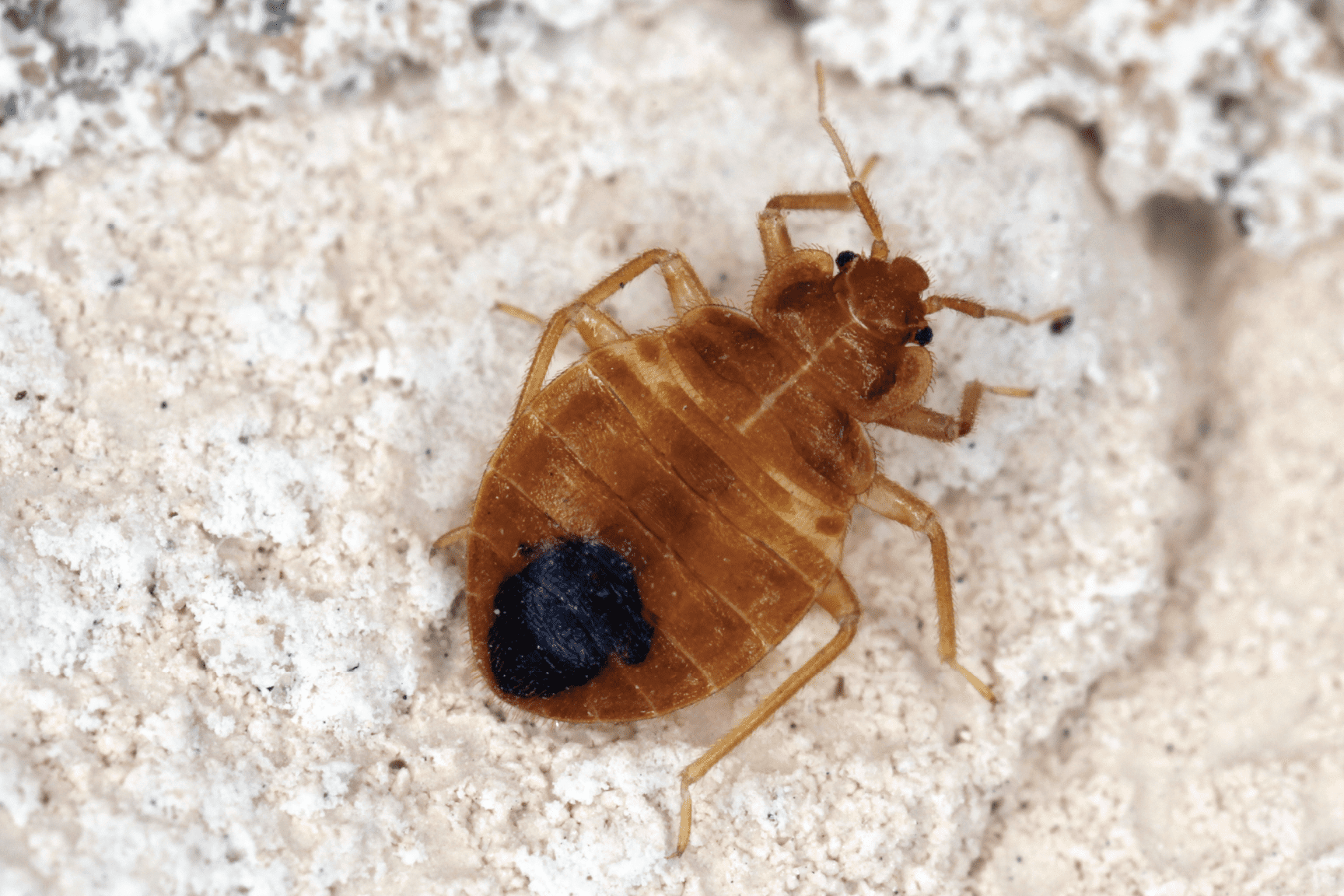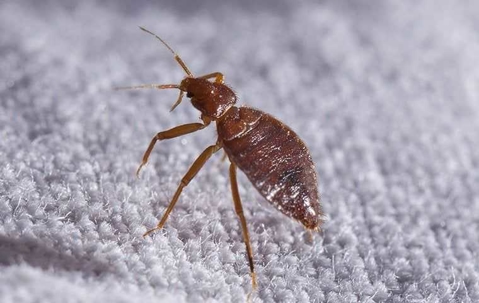Specialist Kings Bug Control Cincinnati: Your Relied On Pest control experts
Wiki Article
A Break Down of the Numerous Types of Insect Control Solutions
In the world of insect control, a plethora of methods exist to fight the visibility and attend to of undesirable animals. From the conventional use of chemical pesticides to more cutting-edge organic control solutions, each method supplies distinctive advantages and restrictions. As we browse with the varied landscape of parasite control solutions, understanding the ins and outs of each approach comes to be paramount in identifying the most efficient program of activity. Remain tuned as we discover the nuanced globe of parasite control approaches and discover how each type plays an unique role in protecting our atmospheres.Chemical Pesticides
Chemical chemicals are generally made use of in insect control to efficiently eliminate a variety of insects and other pests. These chemicals function by targeting the nervous system of the parasites, interrupting their regular features, and eventually causing their death. The usage of chemical pesticides has actually been a staple in the insect control sector for years because of their effectiveness and quick outcomes.
Nevertheless, it is crucial to use chemical pesticides with caution due to their potential damaging impacts on the atmosphere and non-target types. Incorrect application or overuse of these chemicals can cause air pollution, injury to valuable pests, and resistance growth in insect populations. It is important to comply with safety guidelines and regulations when making use of chemical pesticides for parasite control.
Biological Control Approaches
Taking into consideration the prospective environmental influences and dangers related to chemical pesticides, organic control methods use a more lasting method to taking care of bug populations. Organic control involves making use of natural opponents, such as virus, predators, and parasites, to subdue insect populaces. This method is commonly more targeted, impacting just the particular bug species while lessening injury to useful pests, humans, and the atmosphere.

When developed, natural enemies can aid control pest populaces constantly without the need for duplicated applications of pesticides. In addition, biological control is often a lot more cost-effective and can assist reduce chemical resistance in pest populaces over time.

Mechanical Parasite Control
Mechanical insect control includes the physical adjustment or removal of insects to manage their populaces efficiently. This approach is usually utilized combined with various other pest control techniques for detailed parasite management. One common example of mechanical insect control is using traps to catch bugs or rats. These catches can be established up in critical areas where pests are known to dwell, helping to decrease their numbers.
An additional mechanical strategy is using obstacles such as fencings, screens, or nets to block pests from getting in details locations. By literally preventing parasites from accessing an area, the probability of invasions or damage can be significantly lowered. In addition, hands-on methods like handpicking pests off plants or frameworks can be efficient for smaller-scale invasions.
While mechanical parasite control approaches can be labor-intensive, they offer a non-chemical option that can be lasting and you can try these out eco friendly. By targeting bugs straight, mechanical control methods can aid maintain insect populaces in check without counting on pesticides.
All-natural Remedies
Making use of natural solutions for insect control offers a green and sustainable strategy to handling parasite populations without considering chemical interventions. All-natural remedies include using compounds stemmed from plants, minerals, or other normally occurring sources to hinder or eliminate parasites. For example, planting specific natural herbs like basil, mint, or lavender around your building can ward off pests due to their solid aromas. Diatomaceous planet, resource a powder made from fossilized algae, can be made use of to combat bugs like ants, roaches, and bed pests by dehydrating their exoskeletons.Furthermore, crucial oils such as tea tree oil or neem oil have insecticidal homes that can successfully manage bugs while being risk-free for the atmosphere. One more natural remedy is introducing beneficial bugs like ladybugs or hoping mantises to your garden to take advantage of damaging bugs. By integrating these natural services into parasite monitoring approaches, people can decrease their reliance on synthetic chemicals and advertise a much healthier, a lot more balanced ecosystem.
Integrated Pest Monitoring
Integrated Bug Administration (IPM) is an extensive approach that incorporates various strategies to successfully manage pest populations while decreasing dangers to human health and the setting. IPM includes the integration of numerous insect control methods such as organic control, habitat adjustment, adjustment of social methods, and using immune crop selections. By utilizing a mix of these methods, IPM intends to decrease dependence on chemical pesticides, which can have unfavorable influence on ecological communities and human health and wellness.One key facet of IPM is the emphasis on avoidance. By implementing actions to avoid parasite infestations before they take place, such as maintaining correct sanitation and sealing access points, the demand for reactive bug control actions is reduced. Surveillance and regular assessments play an important duty in IPM, enabling early discovery of pest problems and punctual intervention.
Final Thought
To conclude, the various sorts of bug control remedies offer a variety of alternatives for effectively try this out managing bug problems. Chemical chemicals supply fast eradication however might have environmental risks. Organic control approaches use natural predators to manage pests. Mechanical insect control entails physical barriers or catches. All-natural remedies offer non-toxic options. Integrated Bug Monitoring incorporates several strategies for a holistic method to pest control. Each technique has its own benefits and disadvantages, and selecting the most suitable service depends upon the particular insect issue at hand.Chemical pesticides are commonly made use of in parasite control to successfully get rid of a wide range of pests and various other insects.Mechanical pest control entails the physical control or removal of parasites to manage their populations properly (Kings best pest control cincinnati).Using natural solutions for parasite control uses a lasting and eco-friendly strategy to managing parasite populations without resorting to chemical treatments.Integrated Pest Monitoring (IPM) is an extensive strategy that integrates various techniques to properly manage pest populaces while minimizing dangers to human health and the environment.In final thought, the numerous types of bug control solutions provide an array of options for successfully managing insect problems
Report this wiki page